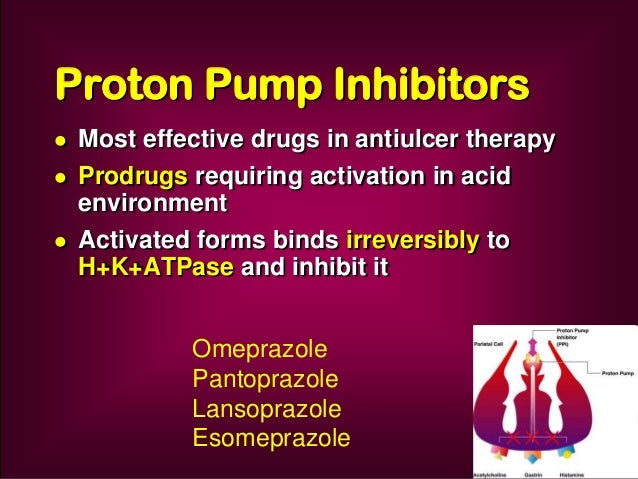Ppis are a type of drug used to ease the symptoms of acid-related conditions some of these conditions include serious acid reflux/heartburn, gerd, peptic ulcers (a sore in the lining of the stomach), and zollinger-ellison syndrome, a condition in which tumors in the pancreas cause the stomach to make too much acid. Gerd treatment proton pump inhibitors. Proton pump inhibitors reduce the production of acid and are used to prevent and treat acid-related conditions including ulcers and gastroesophageal reflux disease (gerd) zantac (ranitidine) is an h2 (histamine) blocker that blocks the production of acid in the stomach.
gerd treatment proton pump inhibitors
Proton pump inhibitors (ppis) are the most commonly prescribed class of medication for the treatment of heartburn and acid-related disorders they work by blocking the site of acid production in the parietal cell of the stomach. Proton-pump inhibitors (ppis) are members of a class of medications whose main action is a profound and prolonged reduction of stomach acid production. within the class of medications, there is no clear evidence that one agent works better than another. they are the most potent inhibitors of acid secretion available. this group of medications followed and largely superseded another group of. Proton-pump inhibitors like esomeprazole (nexium), pantoprazole (protonix), omeprazole (prilosec) and lansoprazole (prevacid) treat acid reflux (gerd), acid regurgitation and heartburn. they all work the same way and work just as well at treating symptoms. so what are some differences in these popular medications?.

0 comments:
Post a Comment